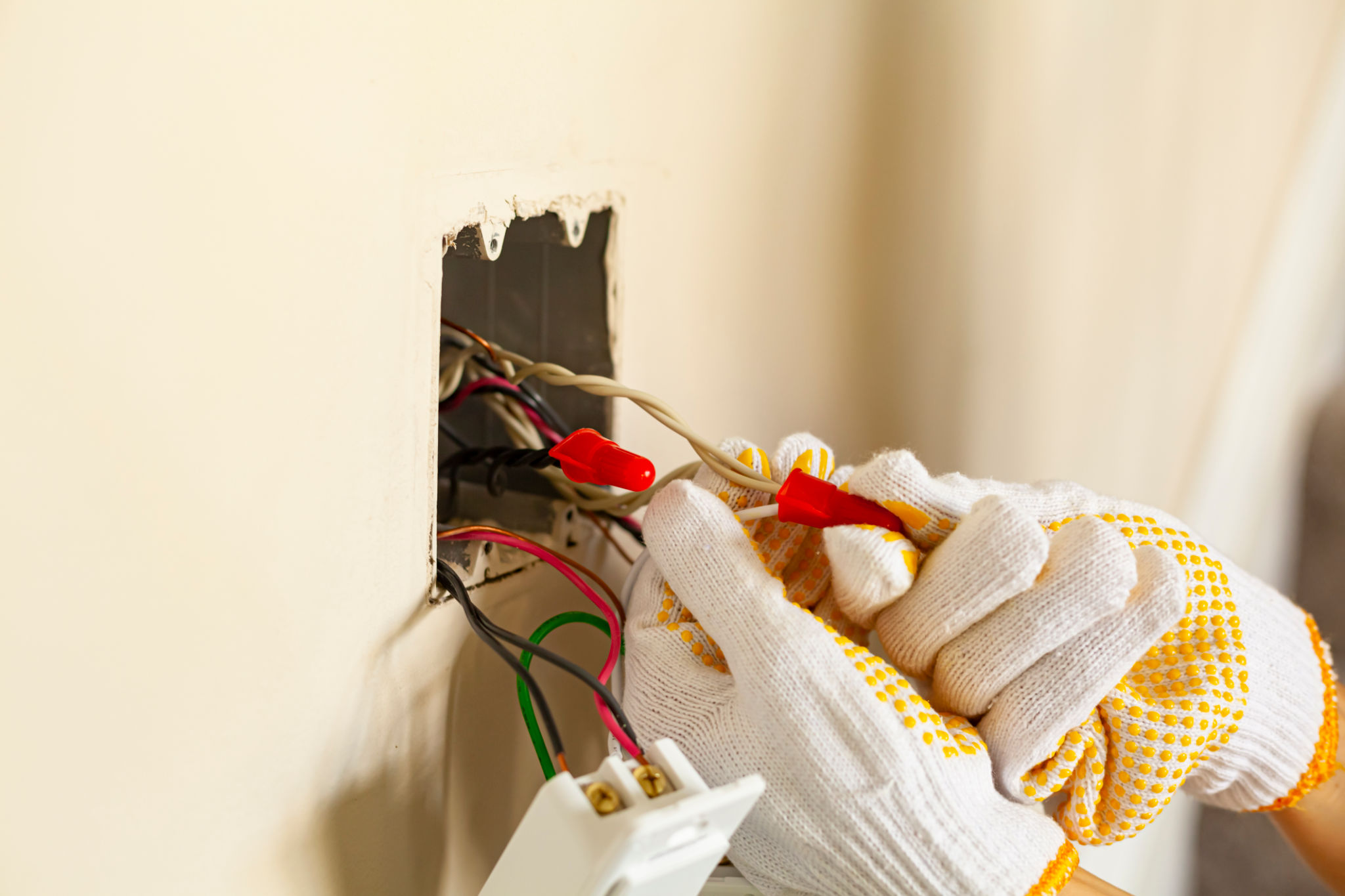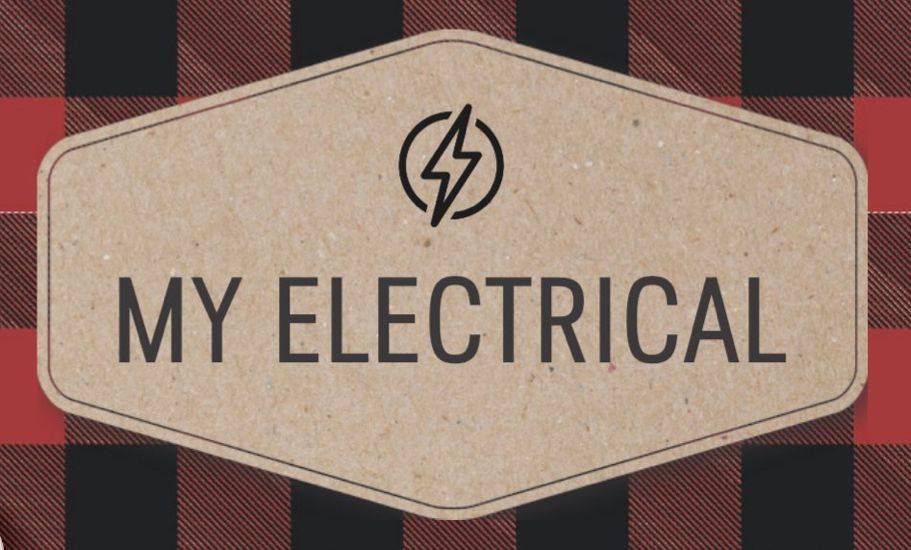DIY Electrical Safety Tips for Ottawa Homeowners
Understanding Basic Electrical Safety
For homeowners in Ottawa, tackling DIY electrical projects can be both rewarding and cost-effective. However, it is crucial to understand basic electrical safety to prevent accidents. Always remember that electricity can be dangerous if not handled correctly, so taking necessary precautions is non-negotiable.
Before starting any project, ensure you have a basic understanding of your home's electrical system. Familiarize yourself with the circuit breaker panel and know how to cut off power to the area where you'll be working. This simple step can prevent accidents and serious injuries.

Tools and Equipment
Essential Tools for DIY Electrical Work
Having the right tools is essential for any DIY electrical work. Some basic tools you should have in your toolkit include insulated screwdrivers, voltage testers, wire strippers, and pliers. Make sure all your tools are rated for electrical work to provide the necessary insulation and safety.
Personal Protective Equipment (PPE)
Beyond tools, using personal protective equipment (PPE) is vital. Safety glasses, insulated gloves, and rubber-soled shoes can protect you from potential electrical hazards. Never underestimate the importance of PPE when working with electricity.

Working Safely with Electricity
Turn Off the Power
Before starting any electrical work, always turn off the power at the circuit breaker. Double-check that the power is off by using a voltage tester on the wires you'll be handling. This habit can significantly reduce the risk of electric shock.
Avoid Water
Electricity and water do not mix. Ensure your hands are dry and the working area is free from water before commencing any electrical tasks. If you need to work in a damp area, consider calling a professional electrician.

Handling Wiring and Outlets
When dealing with wiring and outlets, ensure all connections are secure and wires are not frayed or damaged. Loose connections can cause fires, while damaged wires may lead to electrical shocks.
If you're replacing an outlet, make sure it matches the amperage of the circuit. Installing an outlet that isn't rated for your circuit can cause overheating and potential fire hazards.
Know When to Call a Professional
While many electrical tasks can be safely done by homeowners, it's crucial to recognize your limits. If you're unsure about any aspect of a project or if the job requires working around your main electrical panel, it's best to consult a professional electrician. Your safety is paramount, and sometimes professional expertise is necessary.
Additionally, if you encounter any unexpected issues such as frequent circuit breaker trips or flickering lights, these could be signs of a more significant problem that requires expert attention.

Conclusion
Tackling DIY electrical projects in your Ottawa home can be a safe and rewarding experience if you follow these essential safety tips. Always prioritize safety by using appropriate tools and PPE, turning off power before starting work, and knowing when to seek professional help. By adhering to these guidelines, you can confidently handle minor electrical tasks while safeguarding your home and family.
